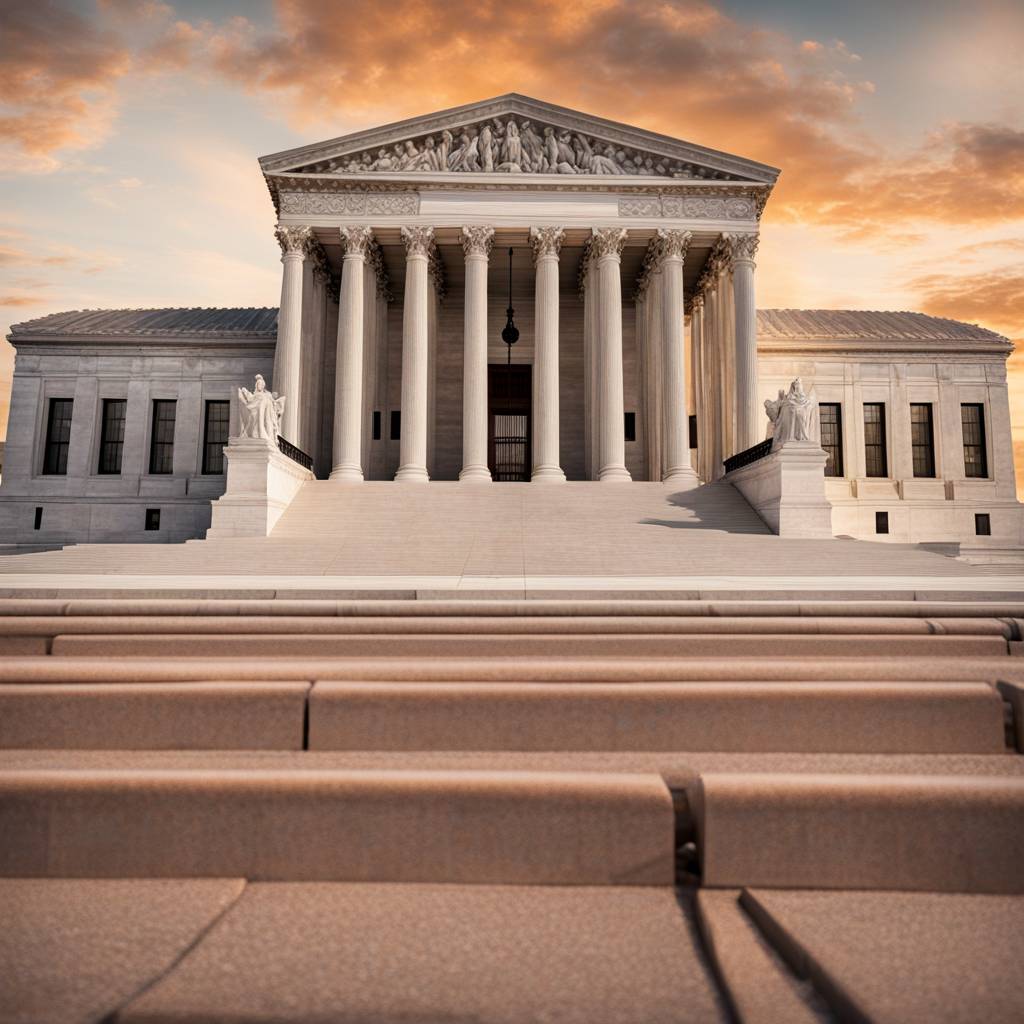The Supreme Court recently heard arguments in a case challenging the FDA’s restrictions on the abortion pill Mifeprex. Justices expressed skepticism about the plaintiff’s legal standing, which could set a precedent for judicial review of FDA-approved products without scientific expertise. The plaintiff is seeking to roll back FDA changes to mifepristone use, allowing prescriptions via telemedicine and mail shipments. They also want to shorten the time frame for taking the pill from 10 to seven weeks.
Mifepristone, approved in 2000, is used for medication abortion, accounting for a significant share of abortions in the U.S. Its safety record has been solid, with minimal reported adverse events. Studies have shown it to be a safe method for terminating pregnancy. However, a conservative coalition challenged the FDA’s approval of the drug, citing flawed studies that were later retracted. A district judge ruled in their favor, but the Court of Appeals allowed some changes to mifepristone’s use while blocking others.
The FDA’s authority to regulate drugs is being questioned in this case. The agency reviews drugs based on clinical evidence, making them the federal authority on pharmaceuticals such as mifepristone. The Supreme Court has intervened, expressing concerns about judicial overreach and the potential for lawsuits to become nationwide legislative debates. While they may not restrict access to mifepristone, the case raises concerns about undermining the FDA’s regulatory authority in the future.
The Court of Appeals’ injunction initially threatened nationwide access to mifepristone, but the Supreme Court blocked it pending their review. Justices questioned the FDA’s decisions and the legal basis for challenging them. This case could set a precedent for challenging regulatory decisions by federal agencies, potentially impacting other prescription drugs and medical technologies. The outcome of this case will have far-reaching implications for the FDA’s regulatory authority and the access to mifepristone for medication abortions in the U.S.
Overall, the Supreme Court’s decision in this case could have significant implications for access to mifepristone and other FDA-approved products. The challenge to the FDA’s regulatory authority raises concerns about potential judicial overreach and the impact on public health and safety. As the case moves forward, the nation will be closely watching to see how the Supreme Court rules on this important issue.













